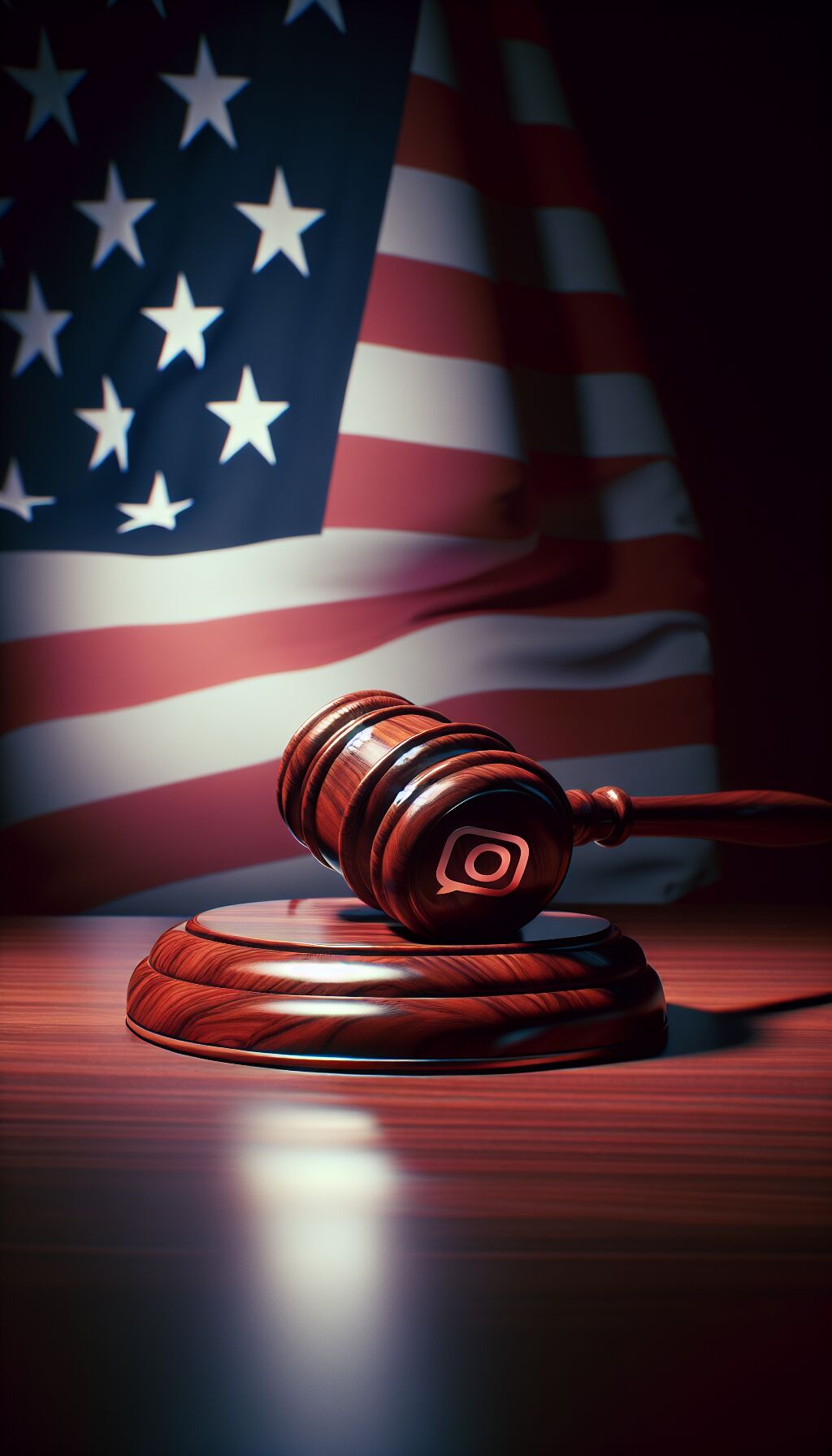Supreme Court Examines TikTok’s National Security Risks Amidst Free Speech Debate
Oral arguments took place Friday as the Supreme Court evaluated the Biden administration’s claims regarding TikTok’s ownership and the implications for American users.
Biden Administration’s Concerns Over TikTok
During oral arguments held before the Supreme Court on Friday, U.S. Solicitor General Elizabeth Prelogar emphasized that TikTok’s ownership by the Chinese company ByteDance represents a “grave” national security threat to American users. The administration argues that the Chinese government could exploit the app, manipulating its algorithm to favor certain content or compelling ByteDance to deliver extensive data collected from U.S. users.
The Solicitor General articulated, “We know that the PRC has a voracious appetite to get its hands on as much information about Americans as possible, and that creates a potent weapon here.” This statement highlights fears that the Chinese government could use the amassed data for purposes like harassment, recruitment, and espionage.
Dissecting the Core Arguments
As TikTok presented its case, justices displayed skepticism toward the company’s claim that the law impinges on free speech rights. Justice Clarence Thomas, during the initial phases of oral arguments, questioned, “Exactly what is TikTok’s speech here?” suggesting doubts about whether the case fundamentally constitutes a First Amendment violation.
Noel Francisco, representing TikTok, sought to position the case as one centered on free speech protections guaranteed by the First Amendment. He argued that these protections should apply to TikTok, which is incorporated in the U.S. This recognition would compel the government to fulfill a stricter burden of proof when enacting legislation that restricts that speech.
Thinking critically about the case, the justices noted it might be regarded through the lens of data control rather than directly as a speech issue. Justice Sonia Sotomayor remarked that this case is unique, focusing specifically on ownership rather than content, underlining the complexities as the court grapples with modern digital realities.
The First Amendment and Foreign Ownership
TikTok’s legal challenges face substantial hurdles, particularly regarding the First Amendment protections available to foreign entities. Francisco argued that the U.S. government lacks a legitimate interest in controlling foreign propaganda delivered via the platform. He urged the court to recognize TikTok’s status as a U.S. subsidiary, asserting that it should be entitled to the same speech protections as American companies.
The discourse veered into the relationship between TikTok and ByteDance, particularly about control over the app’s algorithm. Responding to inquiries from Justice Neil Gorsuch about possible Chinese control over certain components of the recommendation engine, Francisco maintained that the app operates in the U.S. and is governed by U.S. law.
Implications of the Ruling
The stakes are high as the Supreme Court’s ruling could impact approximately 170 million American users of TikTok. With a ban looming on January 19, if justices do not intervene or if TikTok is unable to resolve ownership concerns, the app may soon be barred from operations within the United States. The expedited hearing was agreed upon by the justices last December, creating a compressed timeline of nine days for reaching a decision.
The administration argues that the law is not a restriction on speech but a necessary measure to address significant national security concerns relating to the app’s data handling. They contend that Congress has not enacted any laws limiting speech based on viewpoint or content, thereby arguing that the First Amendment test for violations is not met in this particular scenario.
